Host Organisation
Center for Indigenous Peoples Research and Development
Description
Indigenous women are the most vulnerable communities to the impact of climate change that intensified the labor roles and responsibilities. However, Indigenous women are not just passive victims but active agents, displaying a plethora of skills, knowledge, and rich environmental practices that help in climate change adaptation and mitigation. Indigenous women have deep and intricate relationships with their environment and surrounding landscape. Indigenous women’s roles and contribution in nurturing their families and their rich environmental awareness of the resources make them champions in safeguarding their environment. Indigenous women’s historical dependence on their environment to meet their physical, emotional, and social needs has developed deep ecological knowledge and values of environmental ethics. Despite their strong agency in the community and rich place-based knowledge, often Indigenous women are missing in decision-making and governance in the climate change discourse at community, national and global levels.
Speakers
Speakers:
Ms. Grace Balawag, Tebtebba, Climate Change and Indigenous Women
A representative from FIMI
One representative from Bangladesh, TBC
Dr. Pasang Yangjee Sherpa, UBC, Climate Change and Indigenous Resilience
Ms. Preity Gurung, CIPRED
Moderator:
Ms. Bidhya Hirachan, CIPRED
Languages
English


